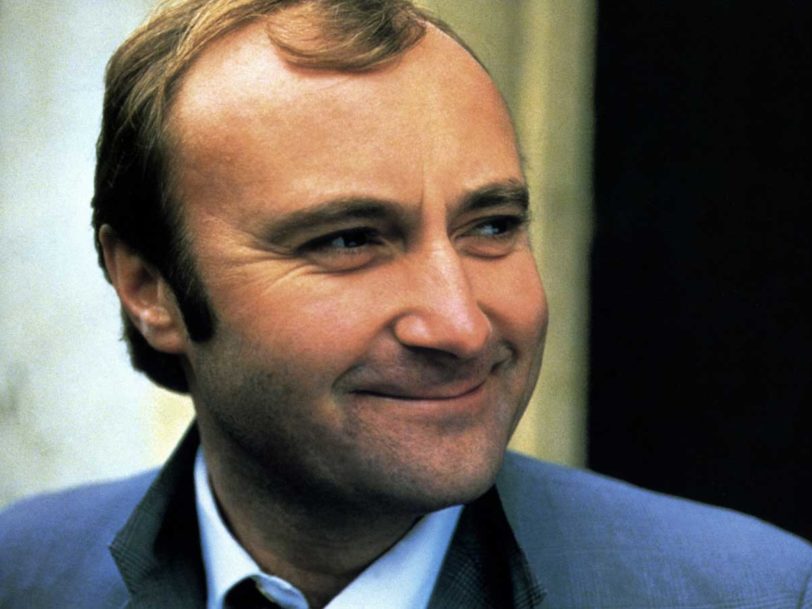For the majority of the 80s, Phil Collins was inescapable. Not a natural fit amid a sea of flashy MTV megastars, the 30-something Genesis frontman went solo in 1981. Launching a full-on assault on the airwaves, he became one of the best-selling male artists of the decade. With 150 million records sold worldwide to date, the drummer turned singer unequivocally deserves to be recognised as a music icon who defined the 80s like no other pop star. Here is our list of the 20 best Phil Collins songs from across his hugely successful solo career.
Listen to Phil Collins’ greatest solo tracks, and check out our best Phil Collins songs, below.
20: It’s In Your Eyes (1996)
The second single from his 1996 album, Dance Into The Light, saw Phil Collins kick up his heels with a guitar-driven tune in an effort to adapt to the popularity of Britpop. With a melody resembling Any Time at All by The Beatles, Phil Collins even went to the lengths of borrowing Paul McCartney’s left-handed guitar, which he can be seen playing in the music video. However, not everyone was impressed with Phil Collins for posing as a guitarist …
The singer remembers bumping into Noel Gallagher while on holiday in Mustique. Inviting Noel to jam with him onstage, the Oasis songwriter flat-out refused, and Noel’s then-wife Meg criticised Collins, telling him he wasn’t a guitarist and he wasn’t fooling anyone. Despite the embarrassing encounter, Phil remains stoic: “I do feel close to Oasis’s Noel Gallagher,” he recalled, “insofar as he loves slagging me off.”




